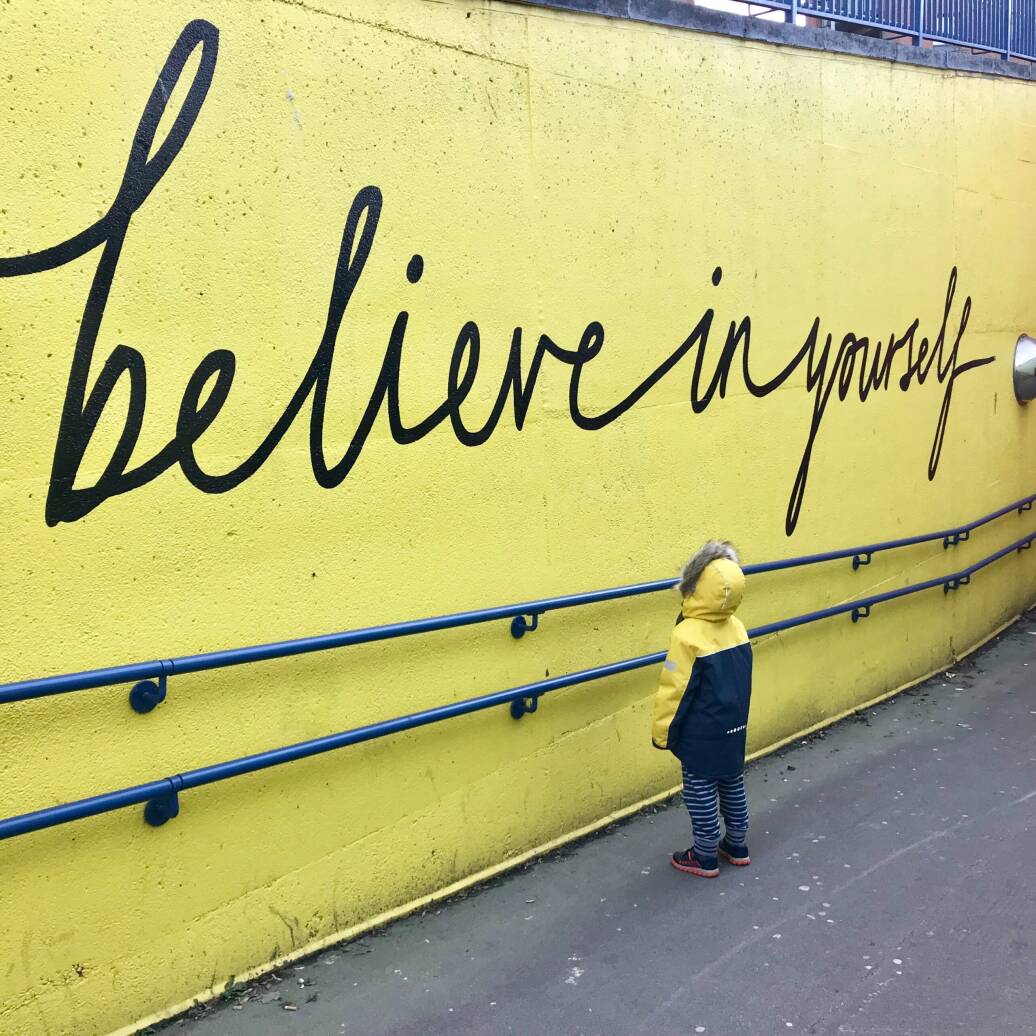
Live Your Dream
Written by Dave Seddon on
The hardest part of doing what you love is knowing what you love to do. If that sounds obvious, ask yourself how you feel about your current job? How do you feel as Sunday evening draws to a close? Are you excited at the prospect of going to work on Monday morning or are you already thinking about the weekend ahead.? If you love what you do the majority of the time, congratulations, you’re in a lucky minority.
For most of us, work is too often the culmination of a long series of compromises. You know the kind of thing – you’re offered a role that’s mostly great but there’s maybe 10% you don’t like but you accept it anyway because it’s a higher salary, or a better job title, or more influence, or a shorter commute, or… This situation is compounded by a terrible unspoken truth – many of us haven’t arrived where we are today by design. Instead our careers have followed the path of least resistance, guided by serendipity; someone offers you a promotion, or you’re headhunted, or a connection pops up out of the blue with an opportunity. It feels like success at the time (and it is!), but we’ve been reacting to events rather than proactively pursuing something we desire. We’ve coasted along as passengers our careers set to autopilot. It’s not that we’ve been lazy, but maybe somewhere along the line we got complacent.

Life is short. You owe it to yourself and those around you to do something that energises and fulfils you. If you’re not happy or challenged, how can you do your best work – and doesn’t everyone want to do their best work?
Step one is to acknowledge that where you are isn’t somewhere you want to be. Don’t underestimate how hard this is. After all, you’ve invested time and energy and made sacrifices to get to where you are now. There’s an old Turkish proverb which is particularly apt for this kind of situation – “It’s never too late to turn around when you’re on the wrong road.” However it’s important to remember that reinvention does mean rejecting what’s gone. Acknowledge the valuable things you’ve learned on your journey so far and embrace the fact you now want to go in a different direction.
Step three is to understand your values – those things that make you uniquely “you“. They can generally be narrowed down to about 3-5 core values and are a set of attitudes and beliefs that drive us and reflect what matters to you most (for example, creativity, authenticity, collaboration, respect, balance). Knowing these helps you decided the type of role and company that will best provide you with what you are looking for.
As you go through this process, it’s important to bear in mind our tendency to impose limitations on ourseves – telling ourselves we must have a certain level of salary or a job title or status. Often these are a left-over from the previous compromises we made. Ask yourself if you’d be willing to take less money if you could do something you really loved? While you’re at it, ask yourself how much money your really need. Free yourself from constraints that only exist in your mind. Focus on job content and tasks, rather the trappings we too often get hung up about. What gives you satisfaction? What gives you joy? Be honest with yourself. Ignore other people’s expectations and avoid the temptation to compare yourself to others. Just focus on identifying the things you really enjoy doing.
We spend a good third of our lives at work – for most of us, an eight-hour day is something we haven’t seen in a very long time. At what age would you like to retire? How many years away from that are you now? If it’s more than five, that’s a long time not to be doing something you love. In fact ,even if it’s less than five, that’s still a long time. And the best thing about finding what you love? It just might be something you wouldn’t want to retire from.
Many people I talk to as an HR consultant say that redundancy is the best thing that happened to them because it made them stop and think about that they really wanted. We need to redefine our relationship with work, away from something to be tolerated for reward to something that makes a positive difference and brings personal fulfilment (and how you define fulfilment is a very personal thing).
At changemaker, we help companies and individuals manage change. For individuals, we provide both expertise, guidance and – sometimes most important – a sounding board. We’ll challenge you and support you through with tools and experience gained through years of developing people.